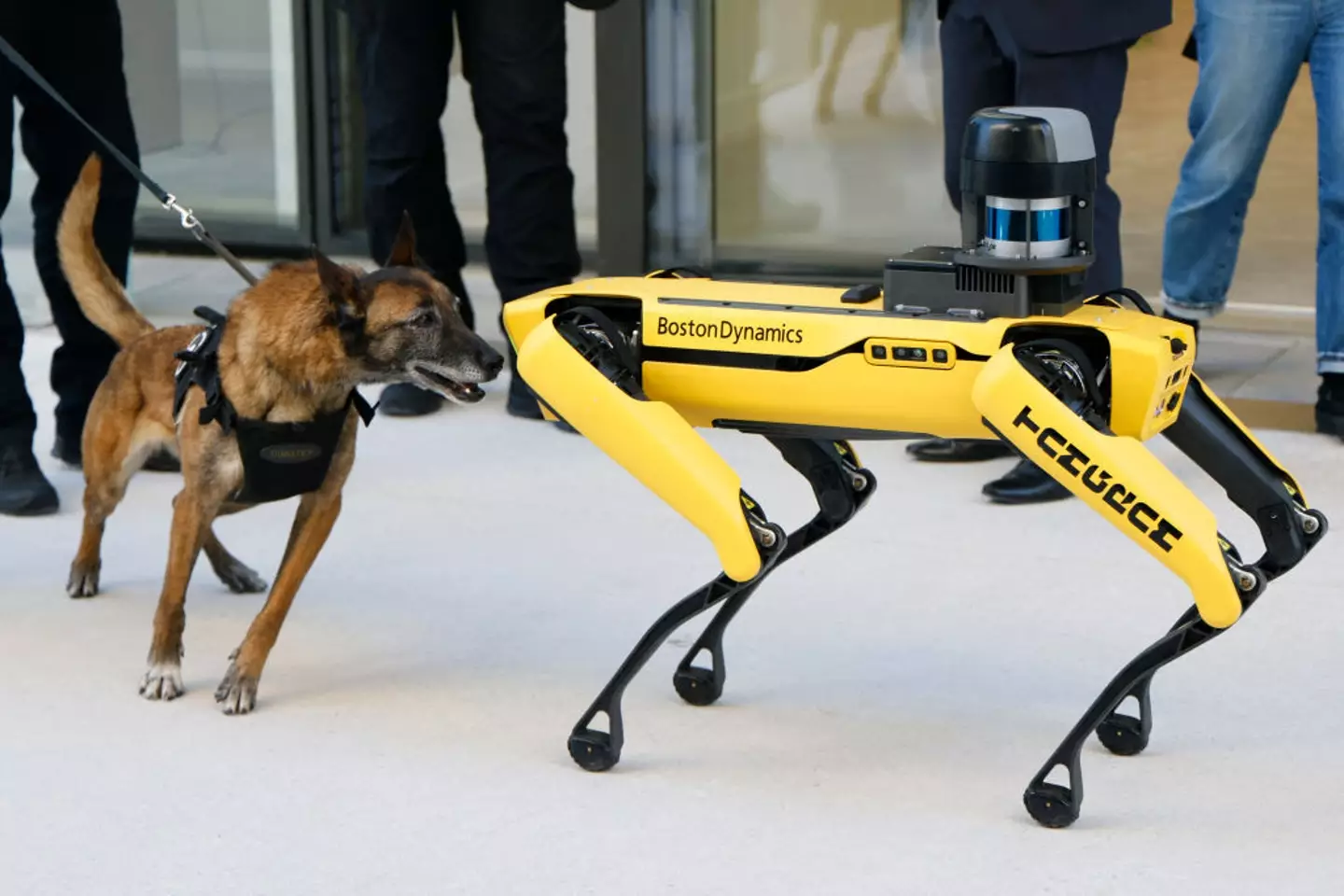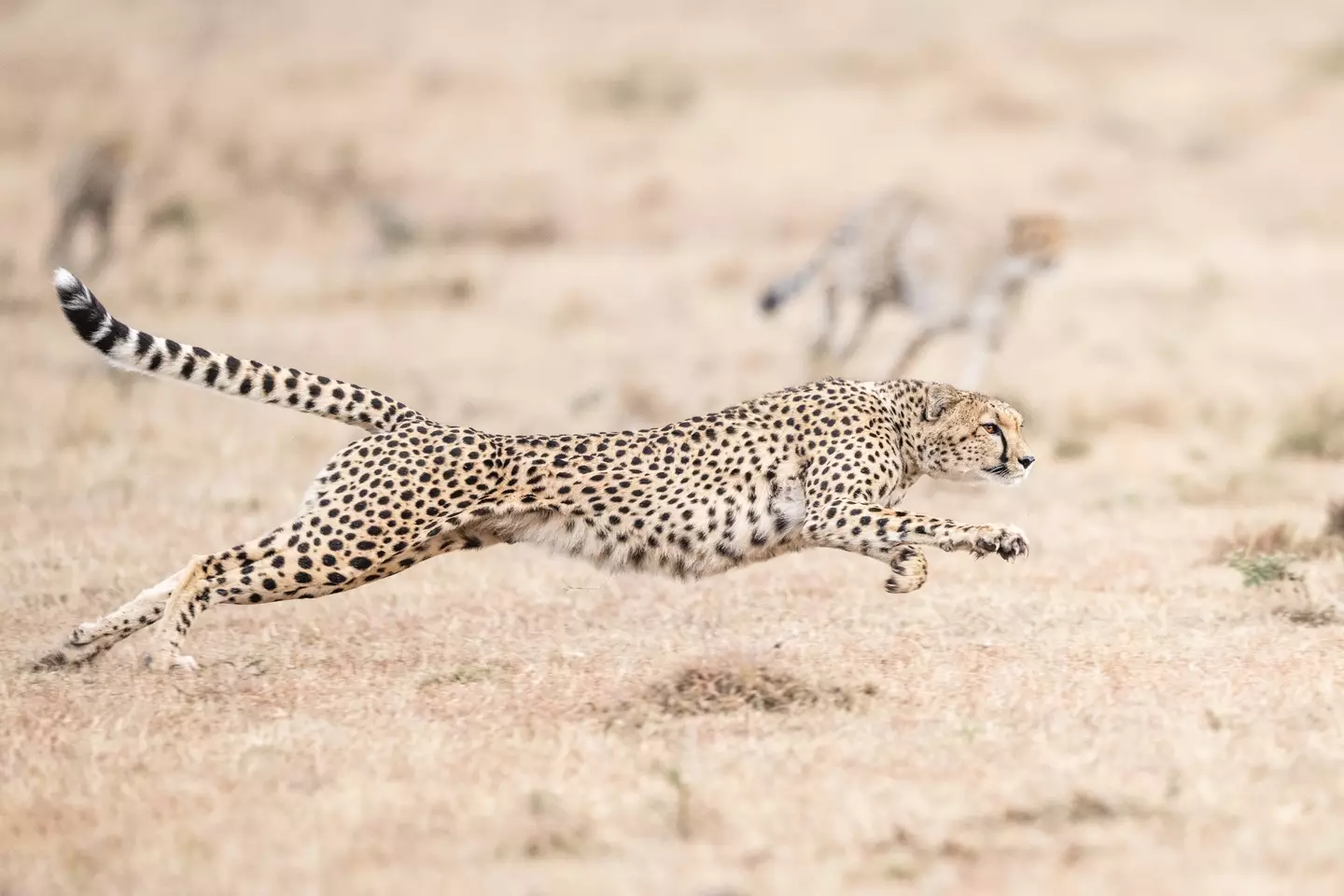
Robots seem to get more sophisticated every day - you can constantly find new videos of robots designed for functions like moving packages, working in offices or constructing cars, and also of humanoids that take advantage of AI to be able to actually talk to us and more.
However, one area has been really resistant to the advent of robots, and that's speed - as viral clips from the likes of Boston Dynamics and more demonstrate, it's not easy to get a robot to go really fast.
Of course, if you strap wheels to it things might change, but at that point you're really talking about a sort of vehicle rather than a robot.
If you want a robot with legs to move quickly, it turns out that our current construction limitations mean this will almost always come with a big trade-off in other areas, making it less useful overall.
Advert

Kaushik Jayaram is a mechanical engineer from the University of Colorado Boulder, and he told Science Alert that compared to some animals, "At the system level, robots are not as good. We run into inherent design trade-offs. If we try to optimize for one thing, like forward speed, we might lose out on something else, like turning ability."
It might sound surprising, given how much hype there is around robots and machine learning helping them navigate and react to what they encounter, but it turns out we've still got a long, long way to go.
Apparently, even tiny insects generally beat robots when it comes to how they sense the world around them, and how they adapt their behavior to fit into that world.
Advert
On top of these adaptation issues, robots also still have major limitations thanks to the need to store their power in batteries or generators onboard, with these needing integration into other systems that keep things relatively bulky and inefficient compared to animals.

As Jayaram put it: "Animals are, in some sense, the embodiment of this ultimate design principle - a system that functions really well together. Nature is a really useful teacher."
This all comes as a result of Jayaram and his team conducting some detailed research to establish exactly what is limiting robotics at the moment where speed and manoeuvring is concerned, and the work they've done will doubtless help to inform interesting developments to come.
Advert
After all, in the last couple of years, we've gone from AI being a pipe dream to the point where basically every company in the world is trying to demonstrate how they're going to be 'AI-first' moving forward, so things can change really rapidly when big tech breakthroughs are made. So, you might have to brace yourself to be outrun by a robot soon.